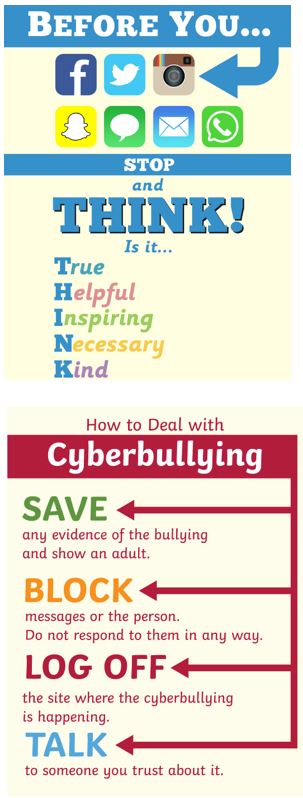Being online is an integral part of children and young people’s lives. Social media, online games, websites and apps can be accessed through mobile phones, computers, laptops and tablets – all of which form a part of children and young people’s online world.
The internet and online technology provides new opportunities for young people’s learning and growth, but it can also expose them to new types of risks.
Here are some tips and guides if your child is accessing these apps or social media, however, most of these shouldn’t be accessed by children under 13 years old.

